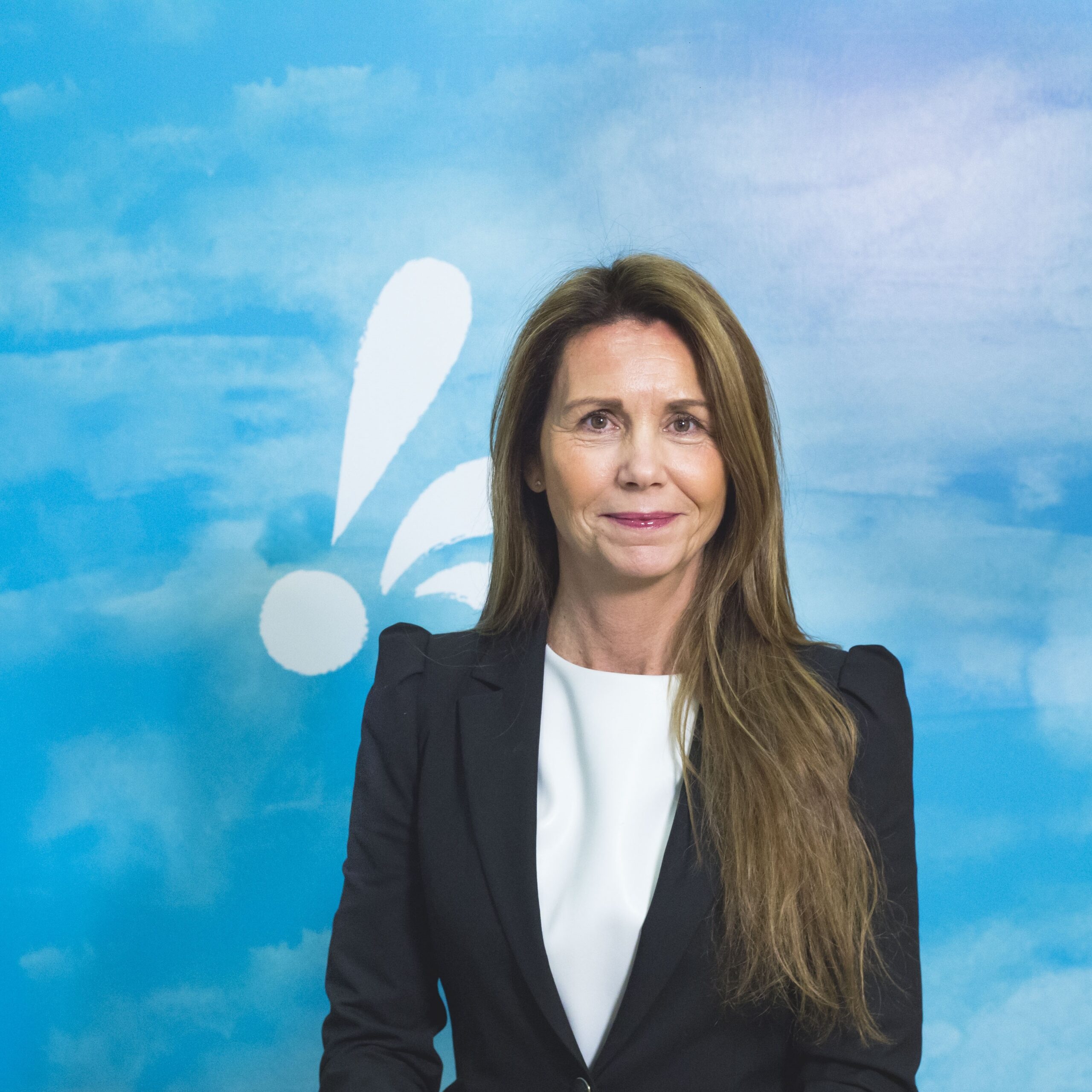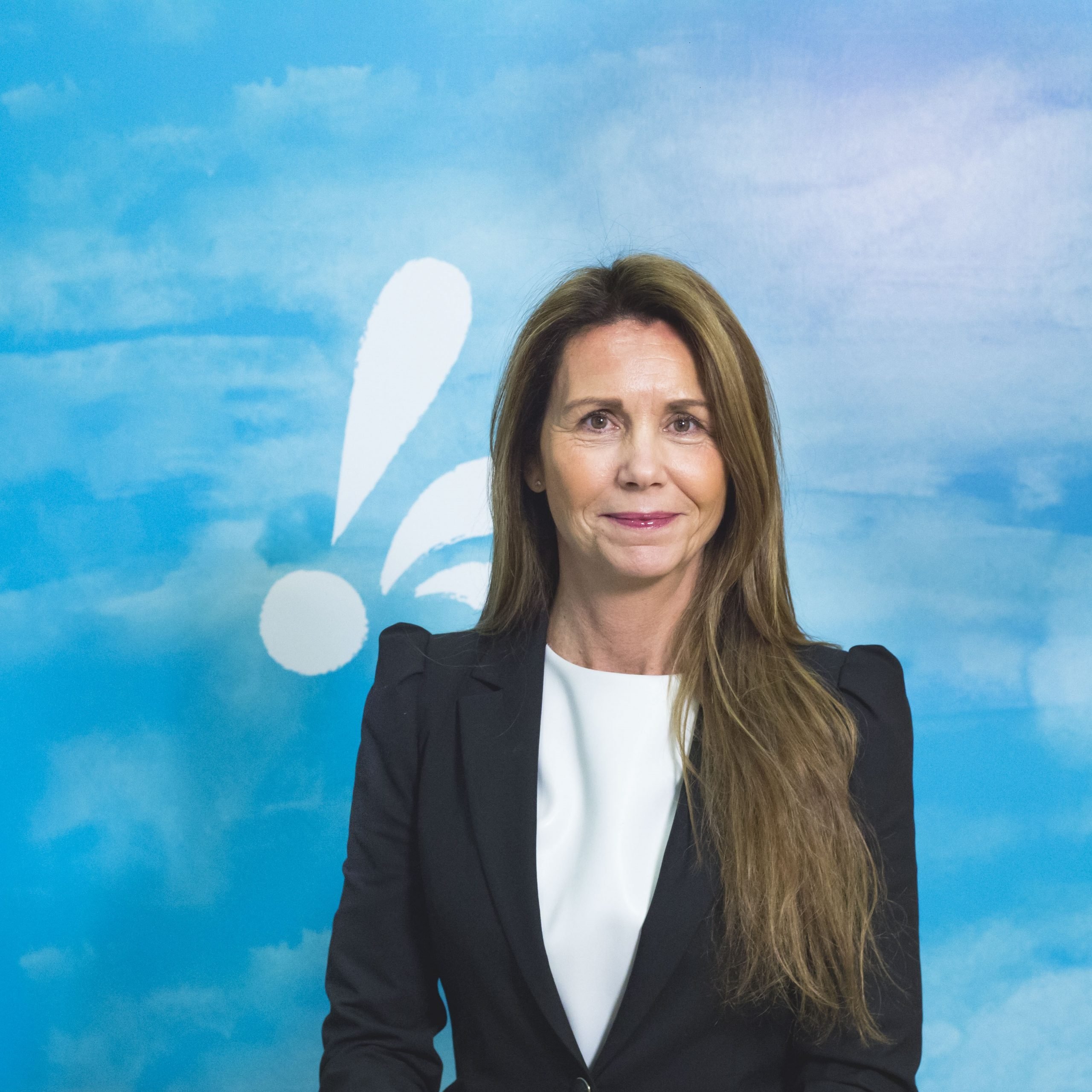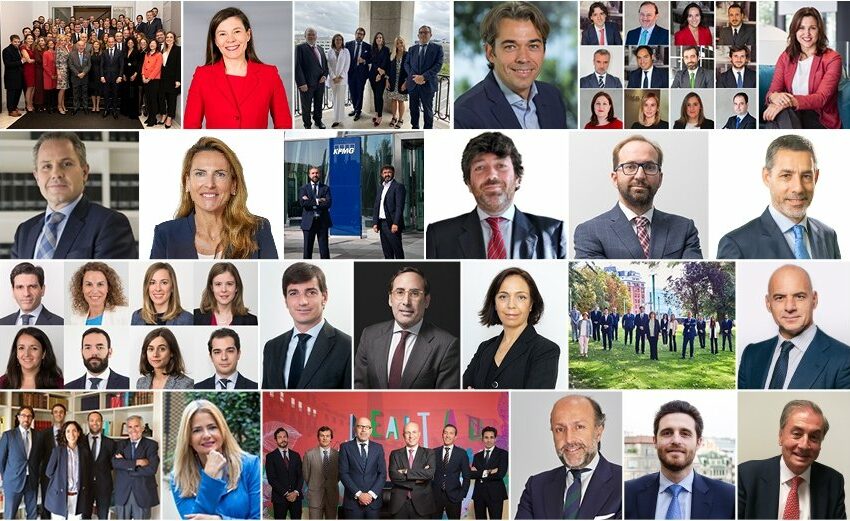The Legal team behind Schweppes tonic

During the pandemic, there have been many brands in the consumer sector that have wanted to do their bit to help the hospitality industry, so damaged by the confinement and restrictions caused by the health crisis. The company Schweppes Suntory España, which since last month was renamed Suntory Beverage & Food Spain and which produces such popular drinks as La Casera or Tónica Schweppes, has been one of them. Specifically, last May it launched an important action to support the sector with the distribution of more than three million drinks and a support plan of up to €20 million in payment facilities for its distributors and customers. Iberian Lawyer wanted to learn more about the legal advisory department of this company that María Rodríguez Pardo is running since May 2016.

The Legal department of the company Suntory Beverage & Food Spain is formed by a team of 4 women; 2 senior lawyers, a paralegal and a Legal director, María Rodríguez Pardo. “We are general and multidisciplinary lawyers. We provide advice to all areas of the company: Marketing, Commercial, Operations, Human Resources, IT and therefore the topics we deal with are very diverse and range from the review and drafting of all types of contracts, advertising campaigns, new launches and innovations, up to the purchase of machinery for factories, relationships with different institutions and authorities and support for the development of technological projects and company projects. But we also collaborate with our European parent company (Suntory Beverage & Food Europe) in the development of transversal projects,” says the Legal director.
You have always been a Corporate lawyer, why did you decide to become an in-house lawyer instead of a firm lawyer and why did you choose Schweppes?
Since college days, it was clear to me that I wanted to specialize to be an in-house business lawyer. Commercial law and commerce attracted me, so when I finished my Law degree I decided to specialize in this branch and did a Master’s degree in Business Legal Advice at the Instituto de Empresa, followed by another at the Universidad Complutense de Madrid. From there, throughout my more than 20 years of experience, I have always worked at companies, although in very varied sectors such as Banking, Insurance, Services and Consumer, which has allowed me to have a very broad vision of the business world. Of the different sectors in which I have worked, I would highlight the consumer sector and without a doubt Schweppes as a company.
Schweppes belongs to a leading beverage multinational in Japan which is Suntory. It is a very dynamic company in continuous transformation, which encourages the development of people and with a vision and values that fit perfectly with mine, which means that from the first moment I have felt perfectly integrated with the company. There is some debate on the street as to whether the in-house lawyer should be considered a partner in the company rather than a “Compliance officer”, a figure that has or should have its own weight. What is your opinion on this? The in-house lawyer is increasingly becoming a true business partner and facilitator. You must have a perfect and in-depth understanding of the business the company is engaged in and be able to anticipate risks and recommend legal proposals that, in addition to being legally viable, are interesting from a commercial point of view. Although the trend is for Compliance to be encompassed within the Legal area, for me they should be two separate figures. The Compliance officer must be an independent figure with its own resources that allows him or her to carry out its work of ensuring the company’s regulatory compliance with total autonomy. The pandemic has hit the hospitality sector hard, one of your main customers, although you have not to sit back idly and wanted to show your active support for the sector with actions such as those we mentioned at the beginning. How have you experienced or are you experiencing the COVID-19 crisis? We have lived and we are experiencing the COVID-19 crisis with concern because a large part of our business is indeed represented by the hospitality channel, which has been badly hit by this pandemic, but also as a great opportunity. During the confinement, we have tried to anticipate the return to normality and worked on the preparation of support programs for the hospitality industry through initiatives such as the one you mentioned to help them resume their activity. The company wanted to be a reactivation driver through actions that have a positive impact on businesses and their professionals. In addition to these initiatives, the company has launched training platforms aimed at hospitality professionals such as @SchweppesProfessional, an Instagram channel where it offers free courses, tips, tutorials, workshops, talks and demonstrations not only on cocktails but also on business development to expand knowledge about billing, taxes, digitization and other tools that optimize resources and increase profitability. But in addition to these aids to the hospitality industry, the company has donated more than one and a half million bottles during the confinement to various social entities and Spanish organizations, such as Aldeas Infantiles, Cáritas, FOOD4HEROES platform, UME, National Police or City Halls, IFEMA field hospital and other hospitals in Spain.
Has the legal battle over the marketing of the Schweppes tonic in Spain against the “English Tonic” come to an end? Would you say that it is this type of “brand” issue that requires more time, energy and dedication from the company’s legal counsel?
The company Schweppes, SA is the owner of an exclusive right over the registered trademark Schweppes® in Spain and has been fighting since 2014 to protect its brand and prevent the commercialization in the Spanish territory of tonic water manufactured by Coca-Cola in the United Kingdom, the one that we call “English tonic” that was being imported by some distributors. This is not a battle, therefore, against Coca-Cola but against the distributors who import this infringing product of a trademark right. It is a complicated case because the exclusive right granted by having the registered trademark clashes with the principle of the free movement of goods in the European Union. Despite the complexity of the case, we have since obtained more than 70 favourable resolutions in which Schweppes’s right to prevent the commercialization of tonic from the United Kingdom and manufactured by Coca- Cola in Spain is recognised. The last, in the case of Schweppes against the distributor Red Paralela that has had a lot of media impact. As brands are one of the main assets of companies like ours, the vigilance to detect possible infringements of Intellectual Property rights and the actuation of the legal mechanisms that exist to protect them, constitute one of the tasks that requires the most effort from the legal teams. In our case, at least, that’s the way it is and the best example is undoubtedly the ‘English tonic’ file.
From your perspective, what are the main challenges for the future at the legal level?
The legal sector is in a moment of transformation, which is forcing us to evolve and adapt to changes at breakneck speed. The irruption of technology in the legal sector is undoubtedly the great challenge we face, artificial intelligence, legal project management and blockchain, will especially force us lawyers to learn new skills and will allow law firms and companies a more efficient use of resources.
You are a woman and a manager in an international company. How do you sum up your experience in this respect?
I have to say that I consider my experience very positive. In my case, the fact of being a woman has not been a handicap to be able to progress in my profession, although indeed the path to get where I am has not always been easy, and it has taken a lot of tenacity, effort, dedication, and sometimes giving up many things. However, taking stock of the situation and seeing the result, I think it was worth it. I am very proud of what I have achieved and this encourages me to continue forward and set new goals that allow me to learn, progress and evolve in the exciting business world and in particular in this great company that is Suntory Beverage & Food Spain. My next challenge and hope: Collaborating in the development of a policy that promotes diversity and equality in the Suntory group!
Interview by Desiré Vidal
To read the interview in full please download issue N.98 here












